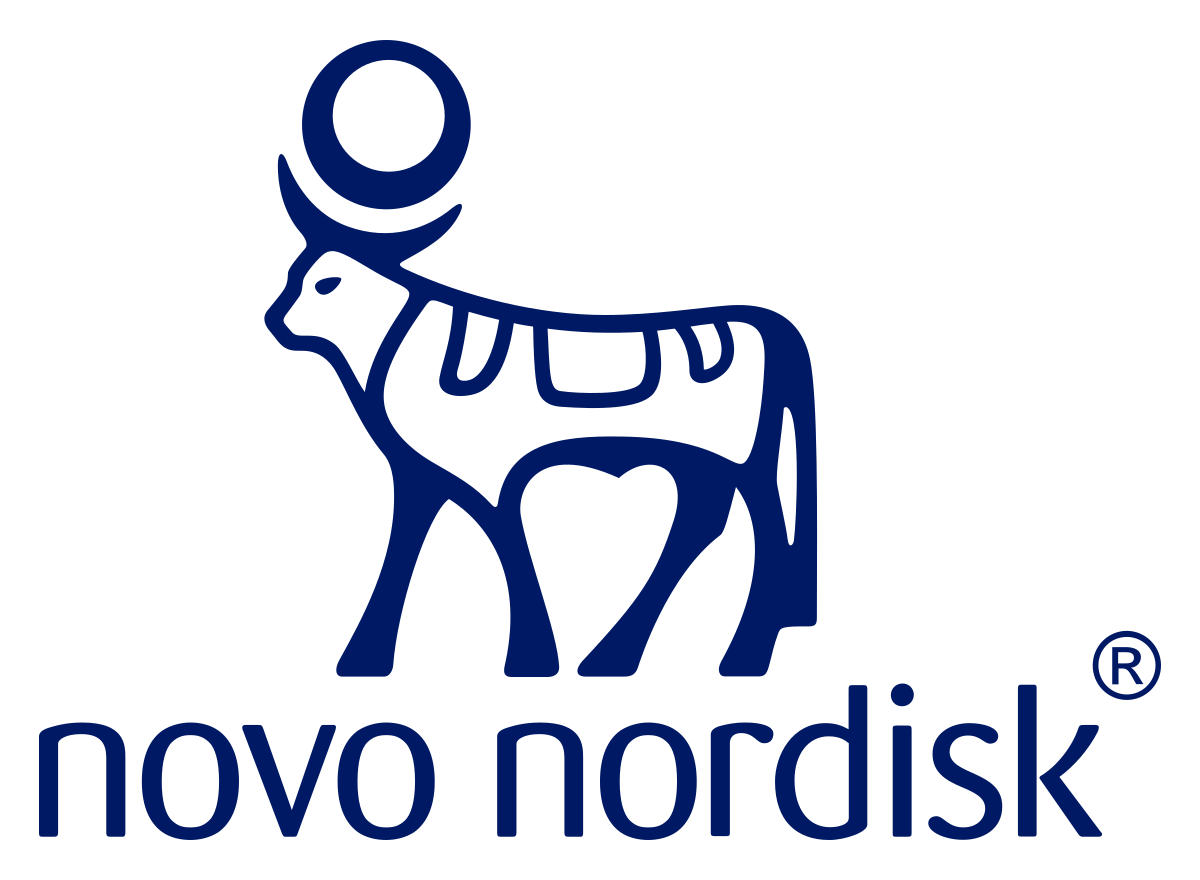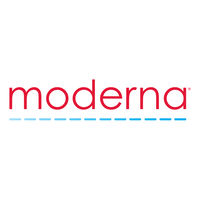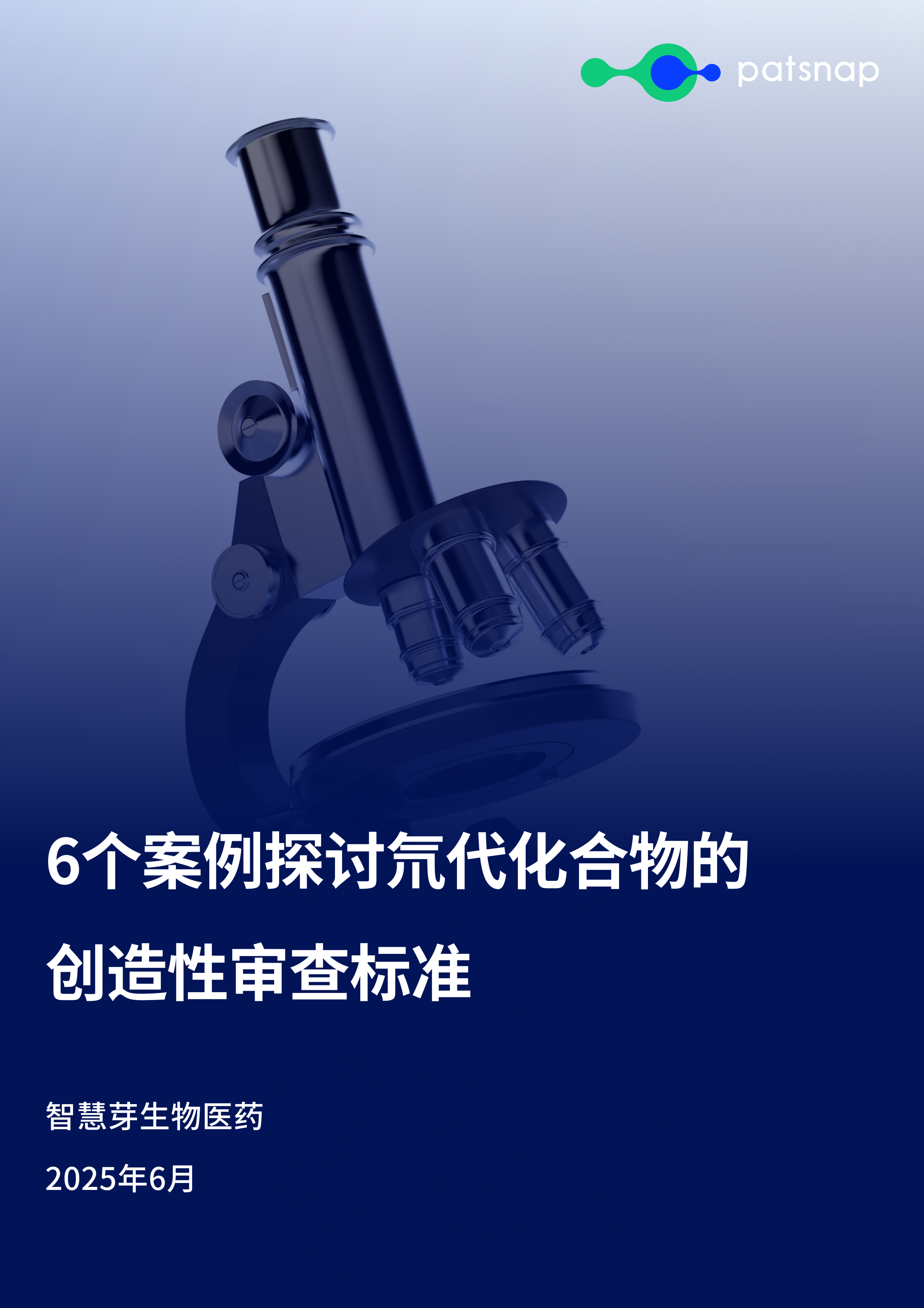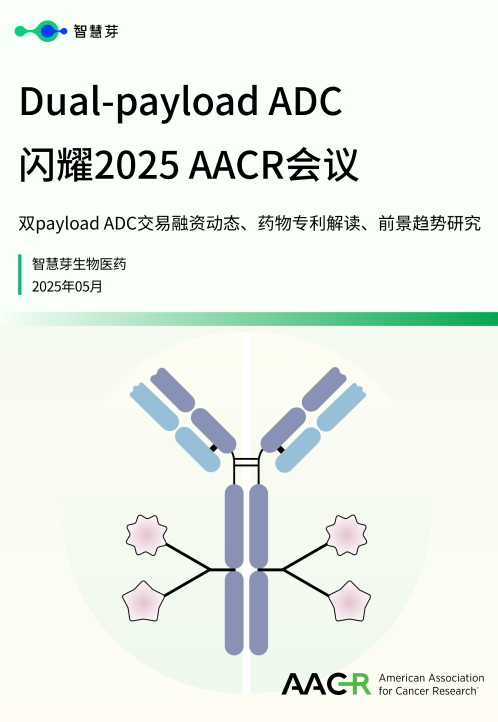预约演示
Setbacks in the Pharmaceutical Industry Highlight the Complexity of Drug Development
2024-06-28
疫苗临床3期信使RNA临床结果抗体药物偶联物
On June 26th, three major events in the pharmaceutical industry caused a profound impact both within and outside the sector. Firstly, the global biopharmaceutical giant Novo Nordisk announced the detailed results of its highly anticipated Phase III CLARION-CKD study for its blockbuster drug Ocedurenone in the treatment of high blood pressure with chronic kidney disease (CKD). Contrary to expectations, the drug failed to meet the primary endpoints in improving renal function and reducing cardiovascular risk. This result not only inflicted a heavy financial burden on Novo Nordisk, as it is expected to incur an impairment loss of approximately 5.7 billion Danish kroner (equivalent to around 5.5 billion CNY or $828 million) in 2024, but also left patients and the entire medical community deeply disappointed.
Ocedurenone, as an innovative drug, embodied the wisdom and efforts of many scientists throughout its development process. However, the path of scientific research is often fraught with twists and turns, and this failure was not an isolated incident. It underscores the complexity and uncertainty inherent in the pharmaceutical research and development (R&D) field. In the medical field, the successful introduction of any new drug or technology requires rigorous clinical trials and scientific validation, which is a testament to the responsibility toward patients and the scientific community.
Simultaneously, the leading mRNA vaccine company Moderna also encountered a significant setback. On June 26th, Moderna announced the latest clinical data for its RSV mRNA vaccine, mRNA-1345, which disappointingly showed a significant drop in efficacy to around 50%, far below previous expectations. This news quickly sparked market concerns, leading to an 11% plunge in Moderna's stock price.
mRNA vaccines have demonstrated immense potential and value during the COVID-19 pandemic as a new vaccine technology. However, the path to success for any technology is not straightforward. Moderna's failed clinical trial for the RSV mRNA vaccine has provided a clearer understanding of the arduous challenges and difficulties in pharmaceutical R&D. Vaccine efficacy is a crucial performance metric, and the decline in the efficacy of mRNA-1345 undoubtedly introduces a high degree of uncertainty regarding its future market promotion and application.
On the same day, the pharmaceutical giants Daiichi Sankyo and Merck also faced setbacks. They jointly announced that due to issues with a third-party manufacturing facility, the FDA was unable to approve the HER3-ADC drug patritumab deruxtecan for market authorization. HER3-ADC, as a novel targeted therapy, was originally expected to make breakthrough progress in cancer treatment. However, the inability to obtain market approval due to manufacturing facility problems has undoubtedly dealt a significant blow to these two pharmaceutical giants.
These three events not only reveal the complexity and uncertainty inherent in the pharmaceutical R&D field but also underscore the fact that the success of any new drug or technology requires rigorous scientific validation and market testing. From Novo Nordisk's Ocedurenone to Moderna's mRNA-1345 and Daiichi Sankyo and Merck's HER3-ADC, these cases illustrate that pharmaceutical R&D is a pursuit that demands patience, perseverance, and continuous experimentation. At the same time, we should cherish those drugs and technologies that have already been successfully launched and are benefiting patients, as they represent the tireless efforts and unwavering dedication of countless scientists and medical professionals.
更多内容,请访问原始网站
文中所述内容并不反映新药情报库及其所属公司任何意见及观点,如有版权侵扰或错误之处,请及时联系我们,我们会在24小时内配合处理。
靶点
-Eureka LS:
全新生物医药AI Agent 覆盖科研全链路,让突破性发现快人一步
立即开始免费试用!
智慧芽新药情报库是智慧芽专为生命科学人士构建的基于AI的创新药情报平台,助您全方位提升您的研发与决策效率。
立即开始数据试用!
智慧芽新药库数据也通过智慧芽数据服务平台,以API或者数据包形式对外开放,助您更加充分利用智慧芽新药情报信息。





